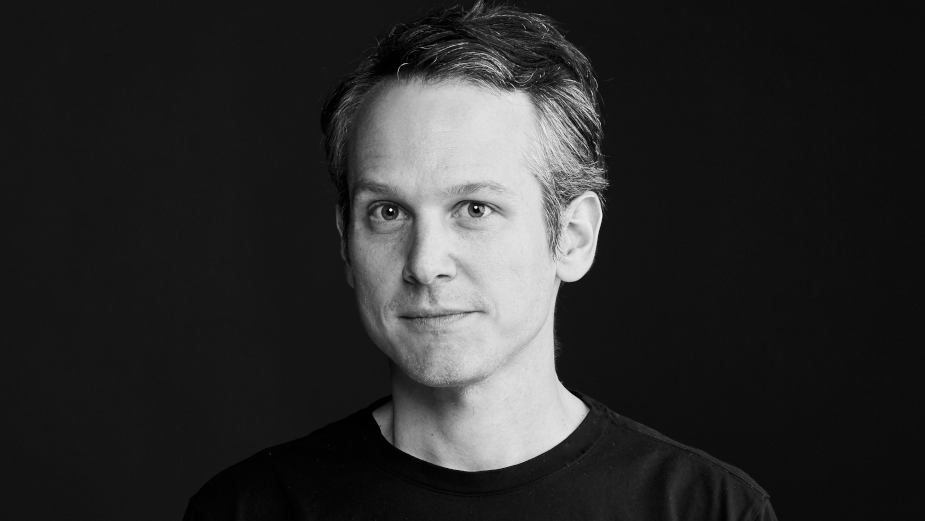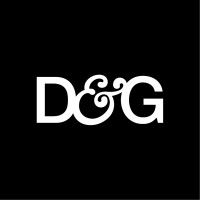
Planning for the Best: Bruno Cunha on Shaping the Narrative

Bruno is part of the David&Goliath family, working as the group strategy director on Kia Motors America. As a seasoned strategist, he’s played key roles across global campaigns and in numerous award-winning projects. Bruno believes in the power of brands in shaping a better world. And in collaboration, to do great work.
Based in Los Angeles these days, Bruno has had the opportunity to work in different parts of the world. From Ogilvy Brazil to Ogilvy Action in London, to The Community in Buenos Aires, and 360i in New York. Bruno has also played at the client side, as part of the Coca-Cola Company in Rio de Janeiro, where he’s originally from.
LBB> What do you think is the difference between a strategist and a planner? Is there one?
Bruno> The role of the planner comes from inside advertising agencies, stemming directly from account planning. As advertising expanded into other specialties, our comms eco-system became more granular and business more complex… With that shift, the use of strategist seems to have gained more traction and to hold stronger. It’s broader and encompasses other specialities, going beyond advertising. With that, you’ll see ‘strategists’ with various specialities, that are not necessarily rooted in ‘account planning.’
LBB> And which description do you think suits the way you work best?
Bruno> I’m ok with both. Call me a planner, call me a strategist, as long as I’m being called to the room, to the discussions, it’s all good.
LBB> We’re used to hearing about the best creative advertising campaigns, but what’s your favourite historic campaign from a strategic perspective? One that you feel demonstrates great strategy?
Bruno> I would go with ‘Got Milk?’, it’s a classic, with a simple insight and a compelling strategy. The campaign was created to boost milk consumption. Not for a brand, for the California Milk Processors (which adds an extra drop of merit to it). With an insight that plays on the absence of milk when you need it most, the strategy sets a terrific reminder for people by dramatising moments of deprivation. Jon Steele writes about it in his infamous ‘Truth Lies and Advertising,’ and shares how the insight came about in qualitative research.
Timely to this, it’s nice to see ‘Got Milk?’ back in the spotlight these last days, as they’re on fire on TikTok with the #HoldMyMilk – fresh thinking once again, as they set out to reframe milk as a drink that allows you to do epic things, the OG sports drinks. Worth checking it out.
LBB> When you’re turning a business brief into something that can inform an inspiring creative campaign, what do you find the most useful resource to draw on?
Bruno> There are multiple resources, it really depends on the brief, the challenge, the timing… but the leap from information to inspiration comes from finding a juicy tension that the brand can solve for or play a role in. And to find it takes hard and soft skills, as we dive into the brand, the category, the audience, see what’s happening in culture, and piece all the puzzle together.
LBB> What part of your job/the strategic process do you enjoy the most?
Bruno> I really enjoy landing the plane, as we gear up to present work. Shaping up the narrative, the interaction with teams to help craft the story, finding the angle, and building the pitch. Pressure testing the flow, the noodling, and figuring out the bits and pieces as we articulate and crystallise the thinking. I hate when a presentation is built separately, each department hands over their slides and that’s it. At the end of the day, it shows. As someone who I worked with years ago at Coca-Cola used to say: everything communicates.
LBB> What strategic maxims, frameworks or principles do you find yourself going back to over and over again? Why are they so useful?
Bruno> The Five Whys is always a good way to drill deeper. It’s a simple technique that can be used in a more structured way, on paper or whiteboarding, or simply as a mental exercise. It helps to uncover the real problem, as you interrogate for underlying causes, and can also be a useful way to reveal an insight, as you repeat the question ‘why’ to go deeper and deeper.
LBB> What sort of creatives do you like to work with? As a strategist, what do you want them to do with the information you give them?
Bruno> I like to work with creatives who are passionate, who bring enthusiasm to the table, and preferably with a pinch of humour too. For me the creative and strategist relationship is at its best when there is a relationship. When you establish and reach a level of easiness to bounce thoughts around, unfiltered, and to keep building together from start to finish. It makes a difference. To the process, to the day by day, and to the outcome of the work itself.
LBB> There’s a negative stereotype about strategy being used to validate creative ideas, rather than as a resource to inform them and make sure they’re effective. How do you make sure the agency gets this the right way round?
Bruno> I don’t think there’s anything wrong in doing a back-strategy, or jumping in to help validate a good idea every now and then. It’s part of the game. The problem is if that’s the norm, the modus operandi, you know? Then there is something painfully wrong that would require leadership involvement to be sorted out and fixed.
LBB> What have you found to be the most important consideration in recruiting and nurturing strategic talent? And how has Covid changed the way you think about this?
Bruno> When recruiting and nurturing talent, I always try to connect at a more personal level. That’s important for me. Carving time not only to talk about work, but also to talk about life more informally and build some rapport. It’s about empathy, and with Covid and online working, it’s something that is harder to achieve. Conference calls and Zooms don’t always allow for that breathing room.
LBB> In recent years it seems like effectiveness awards have grown in prestige and agencies have paid more attention to them. How do you think this has impacted on how strategists work and the way they are perceived?
Bruno> It’s a welcome movement for agencies, clients, and the industry as a whole. The more we prove our value, and how creativity can serve as a business advantage, the better. It also triggers business conversations between agencies and clients, which sometimes are lost given the rhythm of things. And on practical terms, effectiveness awards inject extra responsibilities for strategists, as the ball keepers, that will go through the diligence of wrangling things together and writing the entries.
LBB> Do you have any frustrations with planning/strategy as a discipline?
Bruno> I get frustrated when I see young talent in strategy departments who feel unmotivated and become jaded at an early stage. As a discipline, we should be creating mechanisms to connect and stimulate young talent, so that we don’t lose them to other appealing and exciting industries.
LBB> What advice would you give to anyone considering a career as a strategist/planner?
Bruno> My advice would be to be curious and dive in. There’s never been so much information openly available. Books, papers, reports, interviews, podcasts, from the foundational stuff, to the latest and greatest. From published case studies, to an infinite ‘database’ of adverts and spots online. From industry press, websites, blogs, to smart thinkers who share their thoughts with the world. Read the classics. Analyse the work that’s out there. Build your own library of references. And in doing so, get a feel for it... if it makes you tick. Because if it just feels like work, it probably won’t work for you!













